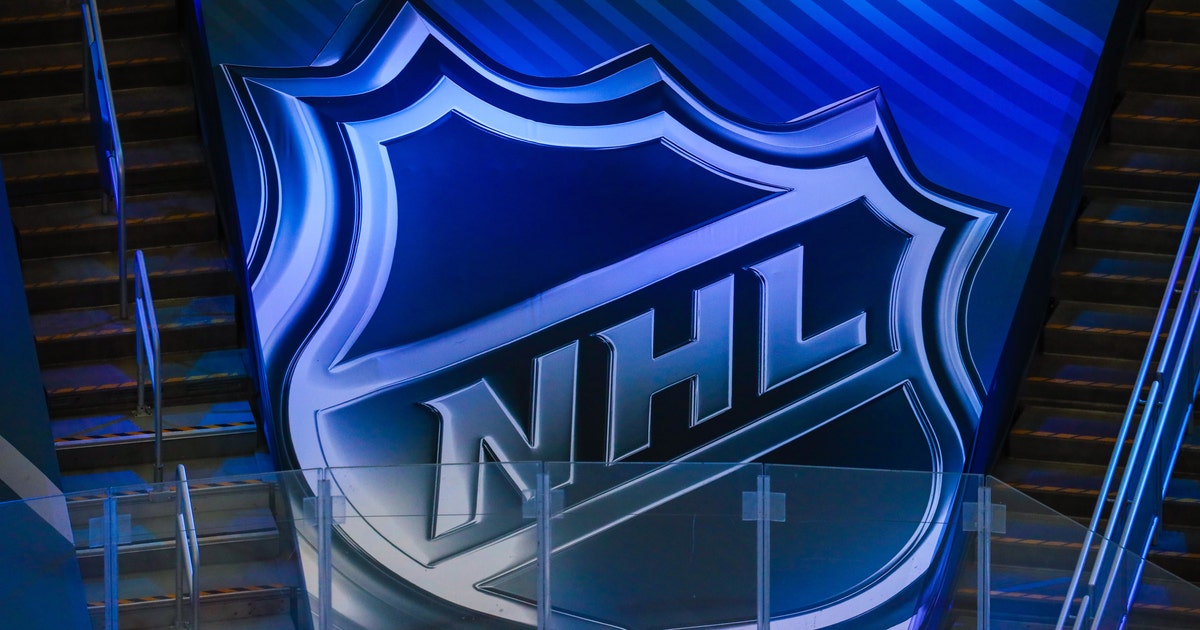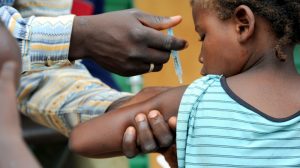NHL adds game-day rapid testing to stem COVID-19 outbreaks


The NHL is adding game-day rapid tests for players, team personnel and on-ice officials as part of a series of expanded safety protocols unveiled Thursday in its latest bid to stem potential COVID-19 outbreaks.
Rapid tests will be initially made available to the league’s 24 U.S.-based teams and provide results within a half-hour to augment daily PCR testing already in place, which is similar to the protocols the NBA introduced this season. PCR tests are considered to be more accurate, but there’s a 12-24 hour turnaround on results.
The league says it is working with its seven Canadian-based teams to have a similar rapid-testing system in place based on availability.
Other expanded safety protocols include having all team meetings conducted virtually, removing the plexiglass surrounding the penalty box area, and recommend players not leave their homes except to attend practices, games or for essential activities. The directive also recommends other household members stay at home, and consider using grocery delivery services.
In addition, teams are asked to provide players and staff KN95 facemasks, which are considered more effective in reducing the spread of COVID-19.
The NHL is also launching a player tracking system to assist in contract tracing, and intends to use genomic sequencing on a case by case basis to determine specific strains of the coronavirus when there is a cluster of positive tests.
The added measures were approved by the league and NHL Players’ Association’s medical advisors, and will remain in place until at least the end of the month.
The development comes two days after Vegas Golden Knights forward Tomas Nosek tested positive but was not quarantined until after playing the first two periods of a 5-4 win over Anaheim. And it comes on the same day the league delayed the start of Edmonton’s game at Montreal by an hour to provide additional time to complete contact-tracing and test results after Oilers forward Jesse Puljujarvi was placed on the COVID-19 list.
The Oilers became the NHL’s first Canadian-based team to encounter a virus-related disturbance a little under a month into the season. Otherwise, the 35 postponed games have all involved teams in the three U.S.-based divisions in place for this season.
Golden Knights forward Mark Stone welcomed the NHL’s decision to add rapid testing.
“I think now with the rapid testing getting in place is going to help,” Stone said. “We’re to know more before the games, which is ultimately what we want.”
Eleven of the NHL’s 31 teams are affected, with 54 players on the COVID-19 list, led by the Devils with 18.
There are currently five NHL teams on pause: the Devils, Buffalo Sabres, Colorado Avalanche, Minnesota Wild and Philadelphia Flyers, though others have also been idled.
The Avalanche practiced for the first time on Thursday, and the Wild were cleared to resume practicing Friday after both completed 10-day pauses. The Wild still have 12 players on the COVID list after forward Marcus Foligno was removed on Thursday.
New Jersey forwards Kyle Palmieri and Pavel Zacha were both added to the list a day after being removed, while Devils rookie Yegor Sharangovich is no longer listed.
The Flyers now have five players on the list, following the additions of Jakub Voracek and Morgan Frost. Also added to the COVID-19 list were Florida’s Anthony Duclair and New York Rangers Filip Chytil.
The NHL upgraded its safety protocols last week, too. It had teams remove glass panels from behind each bench for better air flow, while also spacing players at least 6 feet apart in their locker rooms. Teams were also told not to show up at arenas until one hour, 45 minutes before faceoff unless players need pregame treatment or preparation.
Under the latest standards, fans can sit no closer than 25 feet behind the bench or penalty box. Teams would be required to erect a plexiglass or acrylic barrier immediately in front of the first row of fans.
Another added safeguard include closing player lounges in team hotels by no later than midnight.
The league also is recommending players who return after testing positive and have a presumptive immunity to be used as “buffers” when determining travel or locker room seating arrangements. That would mean having a player with a presumptive immunity seated next to one who has not tested positive for COVID-19.
Stone said the first month of the season has been a learning experience given the disruptions caused by COVID-19.
“I think you’re a little bit naive to think we were going to go through the whole season without one guy testing positive,” Stone said. “I think everybody’s kind of learning as we go.”








